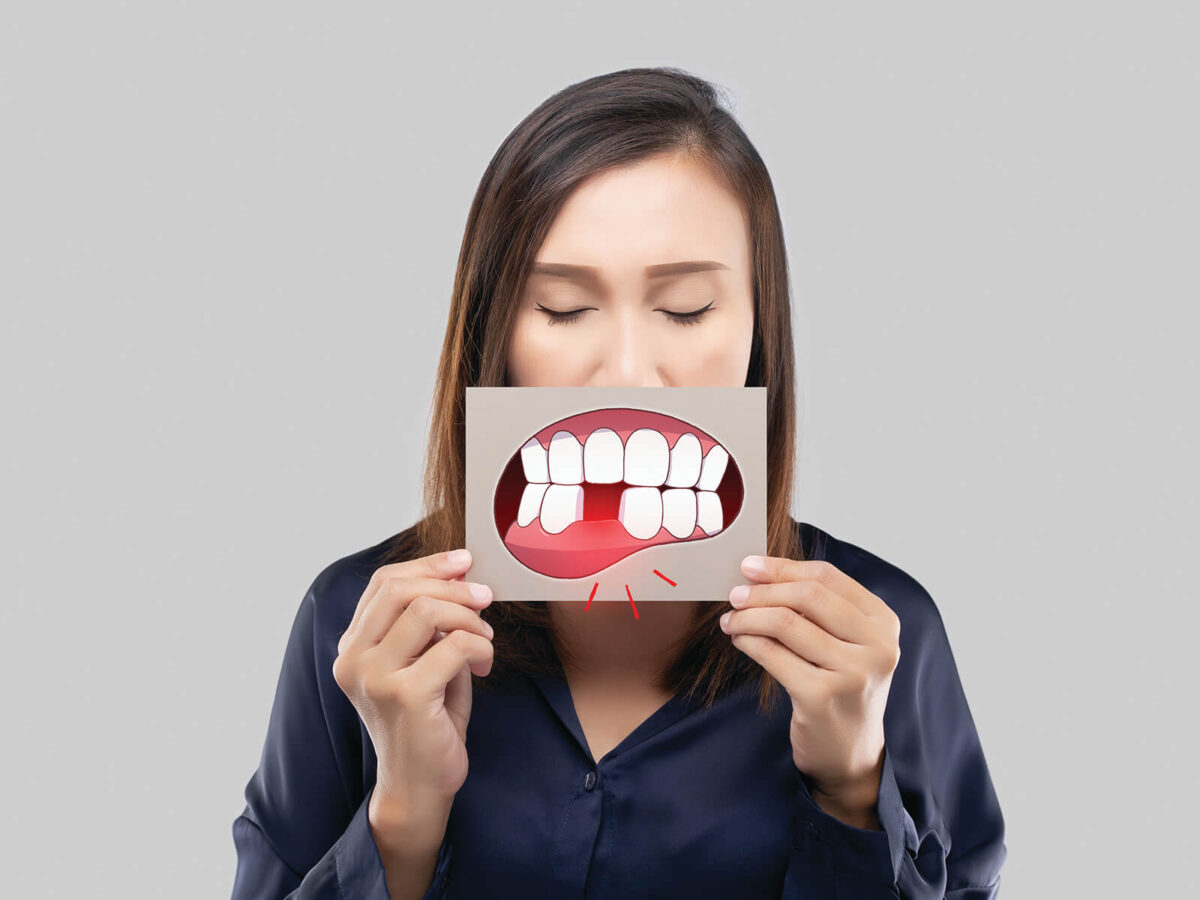Blog
Dental hygiene tips for healthy teeth & gums

How To Prevent Tooth Loss As You Age
Growing old is a wonderful process that enriches people with invaluable experience and knowledge, but at the same time, it harms the health of an individual, including dental health. Most people assume that loss of teeth is a normal phenomenon as one ages. However, this is not the case if the individual is practicing the right oral hygiene practices. At Elgin Dental Office TX, we make sure you get the best oral checkups and the best methods to cope with them.
Oral issues that people encounter while aging
Two dental conditions increase your risk for tooth loss:
Dry mouth
It is estimated that over 95 percent of elderly people use one or more prescription medicines. Dry mouth is a side effect of hundreds of prescription drugs. Saliva deficiency results in tooth decay and gum disease, the leading causes of tooth loss.
Gum disease
Most elderly people are affected by periodontitis. Gum diseases are caused by smoking, diabetes, dry mouth, heredity, and poor oral hygiene. Exposed roots can be sensitive to hot and cold substances, and the worsening of gum sickness is already a sign of developing a serious condition. Moreover, tartar and bacteria cause gum diseases that pull back the gums.
Steps to Prevent Tooth Loss as You Age
1. Don’t Brush Too Much:
Most patients believe that brushing their teeth hard with lots of pressure and using hard bristles provides a cleaner feeling to their teeth. Though it might seem like your teeth are clean, this brushing method is not healthy for you. Since aging is a natural process, the gums start to shrink, and brushing teeth too hard may further deteriorate the situation.
This can be fixed by changing to a soft bristle brush and exerting less pressure on the teeth. Brush for two minutes twice a day with round motions moving around the front, back, and chewing surface of all teeth.
And if you wish to be extra productive, get yourself an electric toothbrush that does a good job in helping you clean your teeth and even has a timer included for the two-minute brushing that is recommended.
2. Regular Dental Checkups
According to research, people should visit the dentist at least once every six months for dental health checkups.
These regularly scheduled checks ensure the dentist sees how your teeth and gums are doing, whether they show signs of weakening or disease, and whether they require treatment or a specific procedure.
A dental checkup includes a review of your mouth and gums and tissues, checking for cavities or other diseases affecting the mouth. Also, your hygienist will scale your teeth to remove any form of plaque or tartar that may be sticking to your teeth and may lead to tooth decay.
3. Prevent Dry Mouth
Drinking water is beneficial for the body and may also benefit the teeth. Keeping your mouth moist is essential to avoid devastating effects on your teeth and gums if dry. This is because saliva neutralizes and rinses out the acids originating from food and beverages and bacteria during the day.
When there is inadequate saliva production, this acid highly concentrates, and the teeth are vulnerable to demineralization. Minerals and immune cells found in saliva help protect our teeth. The medications that most people take when they are old can lead to dry mouth problems.
4. Avoid acidic foods
It is not just a matter of how effectively one brushes one’s teeth or the medications being taken but rather the foods consumed and the frequency of consumption. Bacteria thrive on sugars, which produce acid that encourages tooth and gum decay or cavities. Each time you consume sugars, acids are formed, which burn the teeth and gums for twenty minutes.
5. Manage diabetes
It is imperative to manage your blood sugar levels effectively for your overall and oral well-being. Diabetes seriously elevates your susceptibility to cavities and gingivitis on the progress to periodontitis.
Nerves and blood vessels are damaged, which causes foot ulcers, diabetic eye disease, resultant loss of vision, kidney failure, and heart disease.
Summing it Up
Always remember that oral complications are not a natural part of aging. These are four simple steps to be proactive in oral health to have a beautiful smile throughout their lifetime. However, it is still advised that you should visit your dentist regularly for checkups and teeth cleaning.
Using these methods, you can easily maintain a beautiful smile and keep your teeth young. Call Elgin Dental Office TX today, and our professionals will recommend a suitable dental care plan for your case and age to avoid losing teeth as you grow old.


